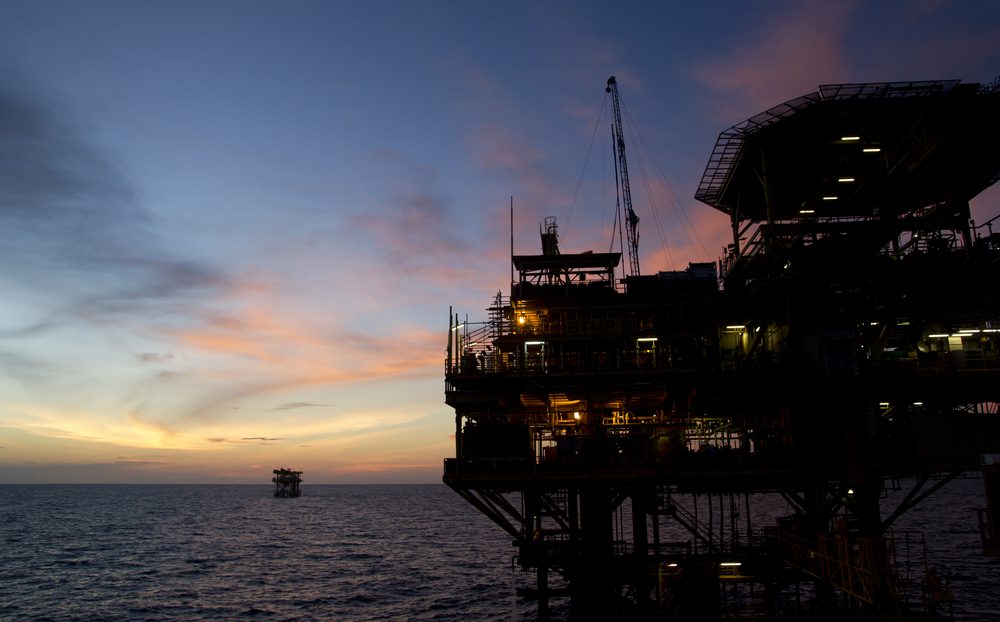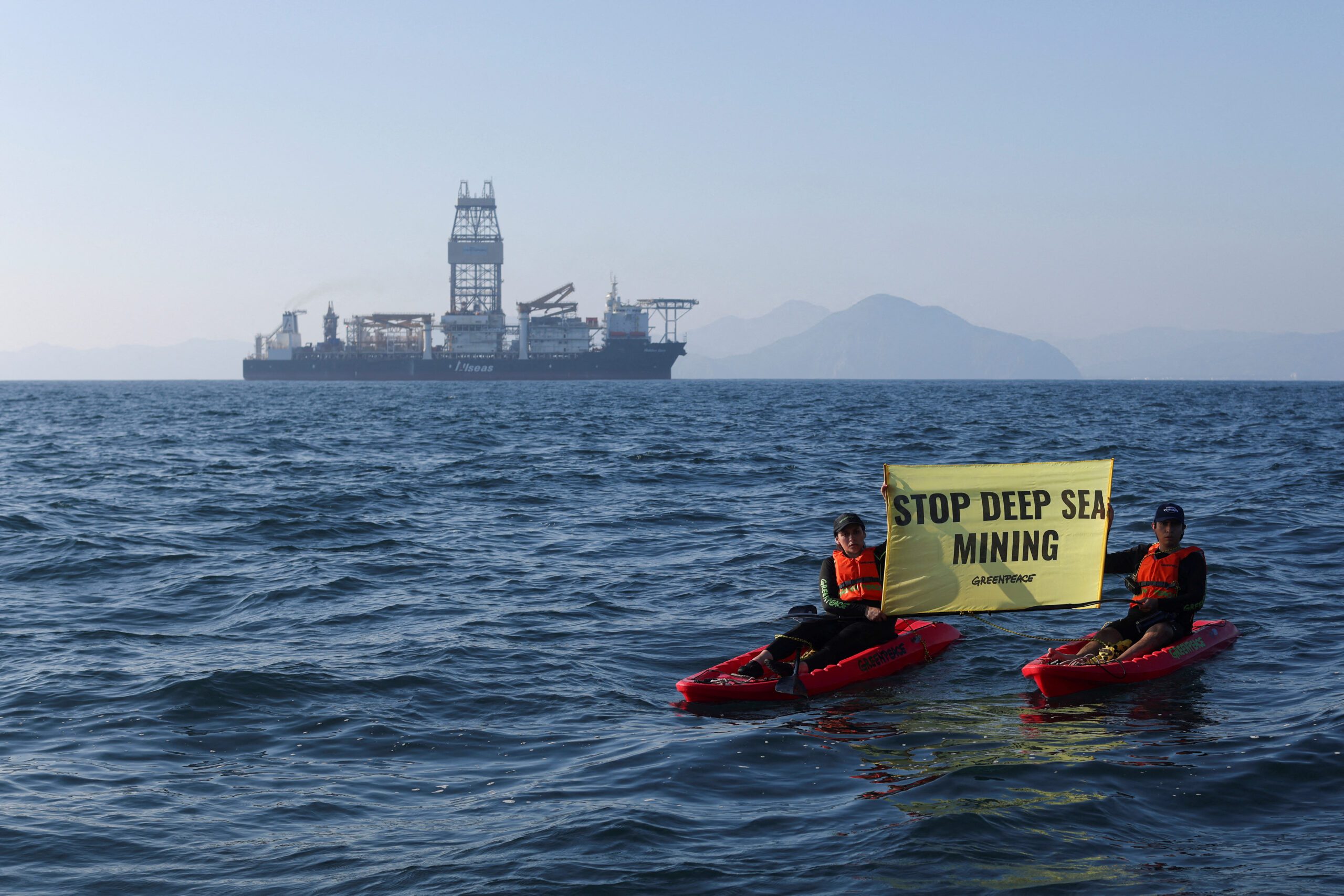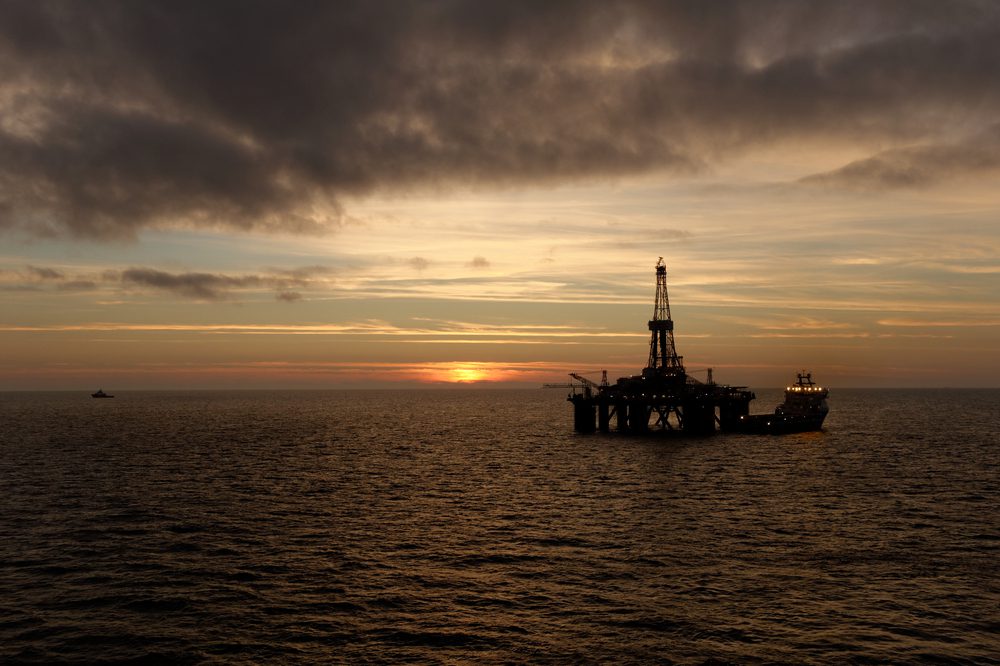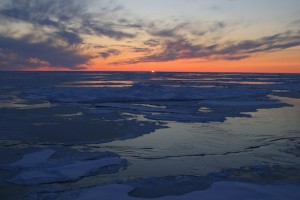 ExxonMobil Corp. and OAO Rosneft, the state-controlled Russian oil giant, reached a sweeping strategic alliance Tuesday that will give the U.S. titan access to potentially huge oil fields in the Arctic Ocean and Rosneft stakes in Exxon projects in the U.S. The multibillion-dollar deal comes just months after the collapse of Rosneft’s planned Arctic tie-up with BP PLC.
ExxonMobil Corp. and OAO Rosneft, the state-controlled Russian oil giant, reached a sweeping strategic alliance Tuesday that will give the U.S. titan access to potentially huge oil fields in the Arctic Ocean and Rosneft stakes in Exxon projects in the U.S. The multibillion-dollar deal comes just months after the collapse of Rosneft’s planned Arctic tie-up with BP PLC.
The deal, signed in the presence of Prime Minister Vladimir Putin at his vacation residence on the Black Sea, is a big win for Exxon as it competes with other international oil companies for increasingly scarce new fields.
The pact also is a success for Kremlin oil czar Igor Sechin, who has sought to woo back big foreign oil companies whose technologies are vital to developing the next generation of Russian oil fields. The alliance with Exxon, the largest U.S. oil company, will give Rosneft international exposure that it has long sought to bring it closer to the top league of global oil companies.
“This large-scale partnership represents a significant strategic step by both companies,” Exxon Chief Executive Rex Tillerson said in a written statement.
“It’s very nice that Rosneft has such a reliable, good strategic partner,” Mr. Putin told the executives at the signing, specifically hailing Exxon’s Arctic expertise.
An apparent loser from the pact is U.K.-based BP, which announced a similar agreement with Rosneft early this year only to see it blocked by opposition from BP’s existing Russian partners, a group of Soviet-born billionaires who own half of the TNK-BP Ltd. joint venture.
Exxon’s pact with Rosneft covers the same three Arctic fields that BP had been discussing, as well as other cooperation inside and outside Russia that BP had hoped for. BP declined to comment.
“Exxon’s proposals were better not only than those of BP but also all the others that were made by the world leaders in oil and gas,” Deputy Prime Minister Sechin said, according to Interfax. Rosneft spokesman Rustam Kazharov said the Exxon deal includes more international cooperation and greater up-front investment in the Arctic fields.
The overall value of the Exxon-Rosneft deal wasn’t disclosed, but Mr. Kazharov said total investment would be in the “tens of billions of dollars.” The companies said they envision a $3.2 billion exploration program in the Arctic’s Kara Sea and in the Black Sea. The companies announced the Black Sea agreement earlier this year, putting exploration spending there at $1 billion.
Rosneft and Exxon didn’t comment on the possible size of the Arctic fields, but BP early this year said they could hold as much oil and natural gas as the oil-rich North Sea. Rosneft estimates the Arctic fields hold 4.9 billion barrels of recoverable crude reserves, while the one in the Black Sea has reserves of 1.2 billion barrels.
But the risks in developing the Arctic fields are legion, from ice cover most of the year to the almost complete lack of infrastructure in the area. In addition, Russia’s heavy tax burden also deters much new oil exploration, industry officials say. At the signing ceremony Tuesday, Mr. Tillerson hailed the Russian government’s efforts to reform the tax system, which he said will “help expand cooperation in the difficult environment now in Russia,” Interfax reported.
The new deal also calls for cooperation in the U.S.—with Rosneft possibly getting equity stakes in Exxon projects in the Gulf of Mexico and Texas—as well as possible opportunities for joint development of hard-to-recover oil in Rosneft’s West Siberian fields.
“We have a clear vision for Rosneft’s strategic direction—building world-class expertise in offshore business and enhancing oil recovery,” said Rosneft President Eduard Khudainatov.
Rosneft and Exxon, based in Irving, Texas, have worked together since the 1990s on the Sakhalin-1 project in Russia’s Far East, a venture that Mr. Tillerson worked on at the time. The Sakhalin project has faced years of bureaucratic and other difficulties but has been a success.
In 2003, Exxon was preparing to make a much bigger bet on Russia by taking a large stake in OAO Yukos, then the country’s largest oil company. But just days after Exxon’s then-CEO met Mr. Putin, who was president at the time, to discuss the deal, Yukos founder and CEO Mikhail Khodorkovsky was jailed on charges of tax evasion and fraud. Yukos was later driven into bankruptcy and broken up. Most of its assets were taken over by Rosneft.
Royal Dutch Shell PLC also held talks with Rosneft about exploration in the Kara Sea.
“This is as much a blow to Shell as to BP,” said Peter Hutton, an analyst at RBC Capital Markets. “I think BP knew it was lost, that the opportunity was gone.” But the opportunity remained for other companies “in a package that was available, offered and quantifiable” he said.
“Shell remains keen to work in Russia’s Arctic, as well as on opportunities it has in other Arctic areas such as Alaska,” said a Shell spokesman. He declined to comment on the Exxon-Rosneft deal and had no update on the status of Shell’s talks with Rosneft. Shell CEO Peter Voser said in July that his company was in early-stage talks with Rosneft over Arctic exploration opportunities.
Mr. Putin has sought to lure a global oil giant with offshore expertise and technology in order to develop fields in the Kara Sea and elsewhere. Russia has been attempting to increase its oil production, which has leveled off at about 10 million barrels a day.
(c) 2011 Dow Jones & Company, Inc.

 Join The Club
Join The Club



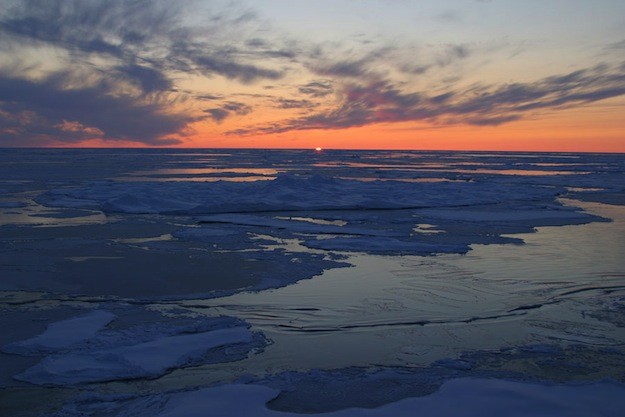
 ExxonMobil Corp. and OAO Rosneft, the state-controlled Russian oil giant, reached a sweeping strategic alliance Tuesday that will give the U.S. titan access to potentially huge oil fields in the Arctic Ocean and Rosneft stakes in Exxon projects in the U.S. The multibillion-dollar deal comes just months after the collapse of Rosneft’s planned Arctic tie-up with BP PLC.
ExxonMobil Corp. and OAO Rosneft, the state-controlled Russian oil giant, reached a sweeping strategic alliance Tuesday that will give the U.S. titan access to potentially huge oil fields in the Arctic Ocean and Rosneft stakes in Exxon projects in the U.S. The multibillion-dollar deal comes just months after the collapse of Rosneft’s planned Arctic tie-up with BP PLC.
